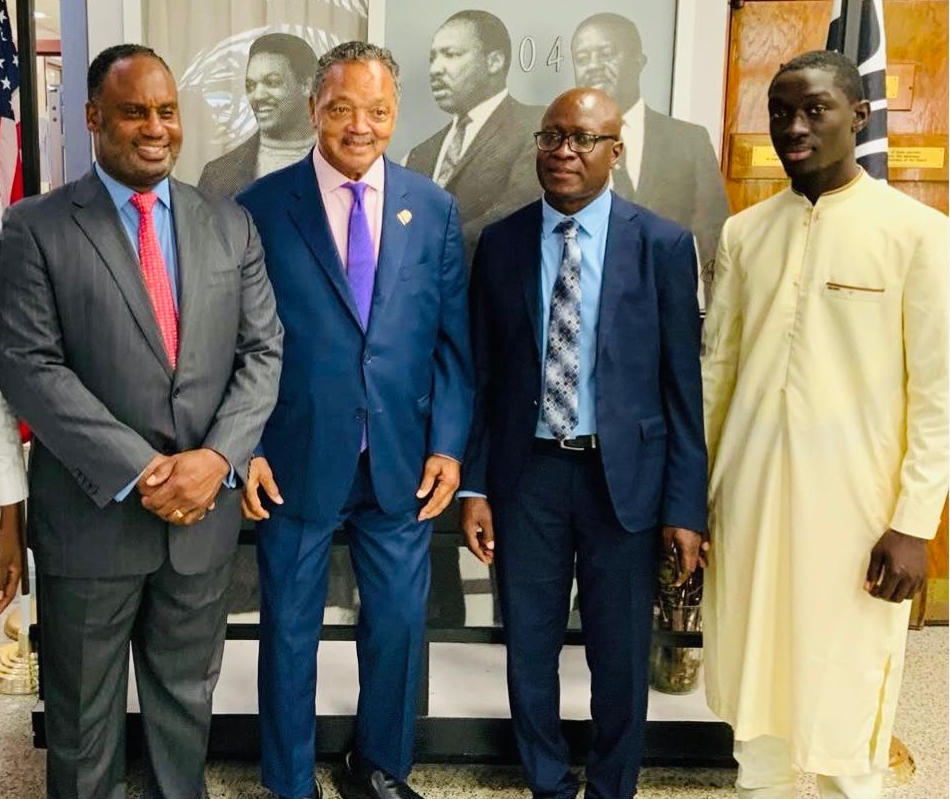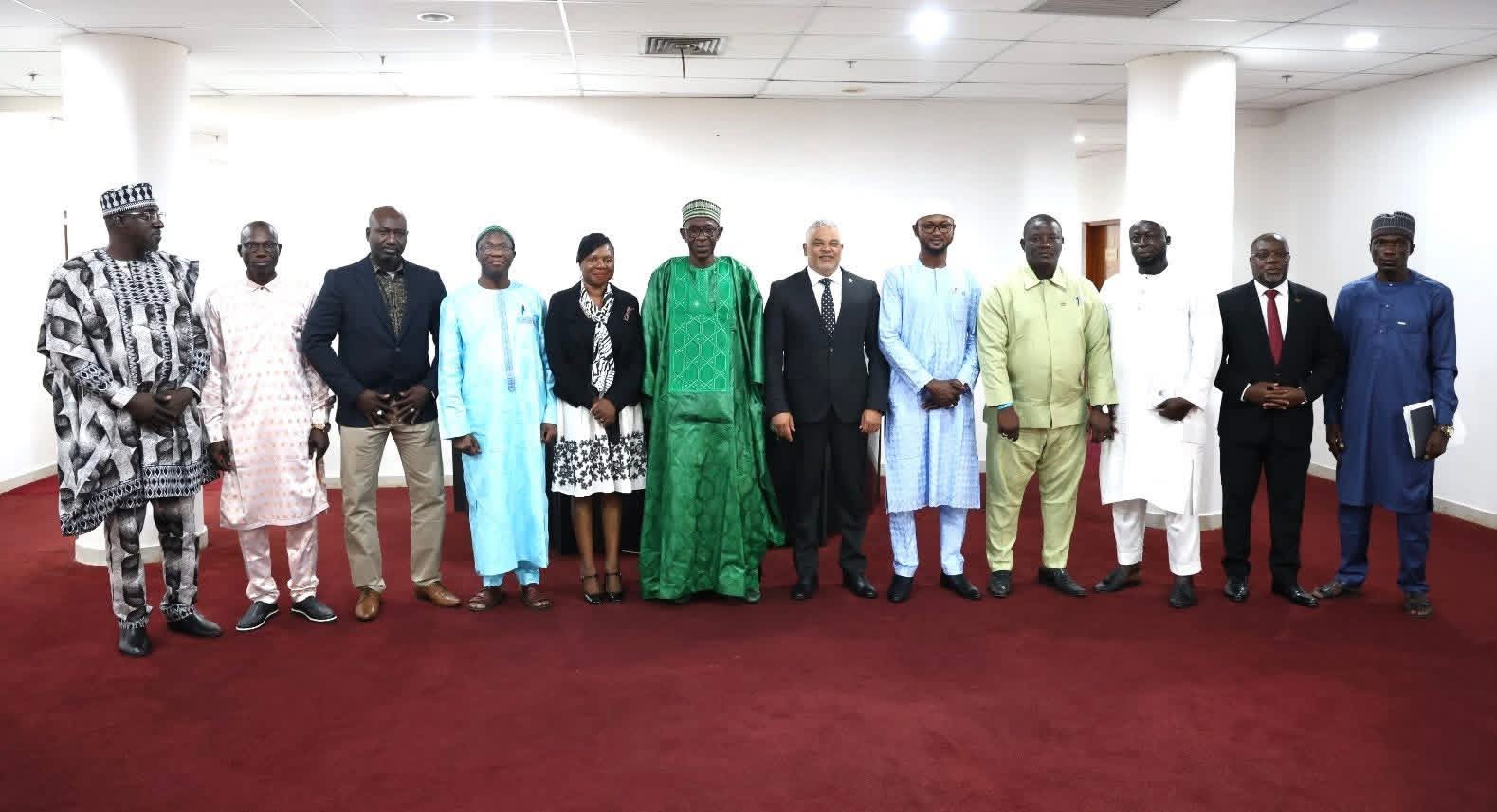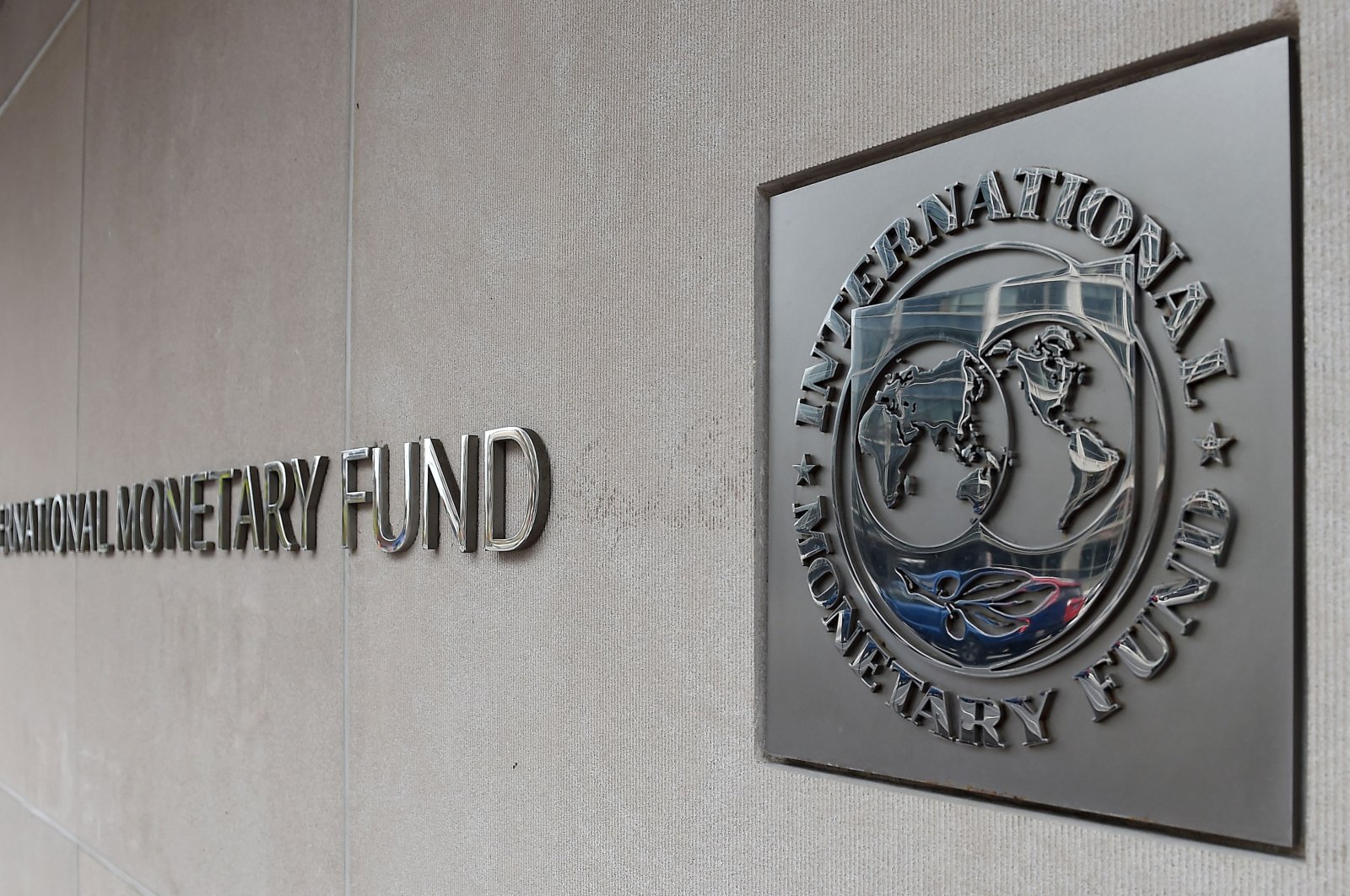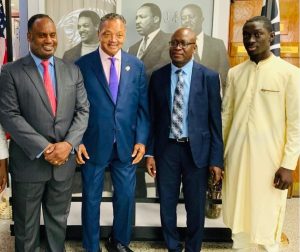Gambiaj.com – (BANJUL, The Gambia) – The Executive Board of the International Monetary Fund (IMF) completed the first review under the Extended Credit Facility (ECF) arrangement for The Gambia on Tuesday. The completion of this review enables an immediate disbursement of SDR 8.29 million (around US$10.95 million), bringing the total disbursement to SDR 16.6 million (US$21.9 million).
The arrangement, initially approved on January 12, 2024, amounts to SDR 74.64 million (approximately US$98.7 million).
The review highlights that Gambia’s economy is recovering, with a growth rate of 5.3% in 2023.
Deputy Managing Director Bo Li lauded the Gambian authorities for their continued democratic and justice reforms and their satisfactory program performance under the ECF arrangement despite a challenging environment.
“The central bank has appropriately maintained its tight monetary policy stance to combat inflationary pressures. Foreign exchange shortages have eased following the introduction of the new foreign exchange policy. Going forward, the central bank is encouraged to fully utilize its policy toolkit to combat inflation and ensure a market-based exchange rate and smooth functioning of the foreign exchange market,” Li stated.
Li highlighted that while fiscal outcomes in 2023 reflected good revenue performance, the fiscal deficit and public debt exceeded projections due to accelerated infrastructure project execution. Fiscal policy in 2024 remains anchored on the approved budget, with efforts to bolster domestic revenue mobilization and reprioritize spending continuing.
“To reduce debt vulnerabilities, it is critical to adhere to the agreed borrowing plan, focus on grants and concessional loans, limit fiscal risks from state-owned enterprises (SOEs) and public-private partnerships (PPPs), and implement a strong medium-term fiscal framework. Additionally, building strong external buffers is necessary to prepare for the upcoming expiration of debt service deferrals,” Li advised.
He also encouraged the Gambian authorities to build on recent progress and pursue further structural reforms, particularly in enhancing governance and improving the business environment, to foster a strong recovery and inclusive growth. The adoption of an anti-corruption bill by the National Assembly was noted as a significant milestone. Li stressed the importance of adopting robust climate-related policies to enhance The Gambia’s resilience to climate risks.
The IMF’s review and the continued support signal confidence in The Gambia’s economic management and reform efforts, setting a positive tone for future developments in the country.









